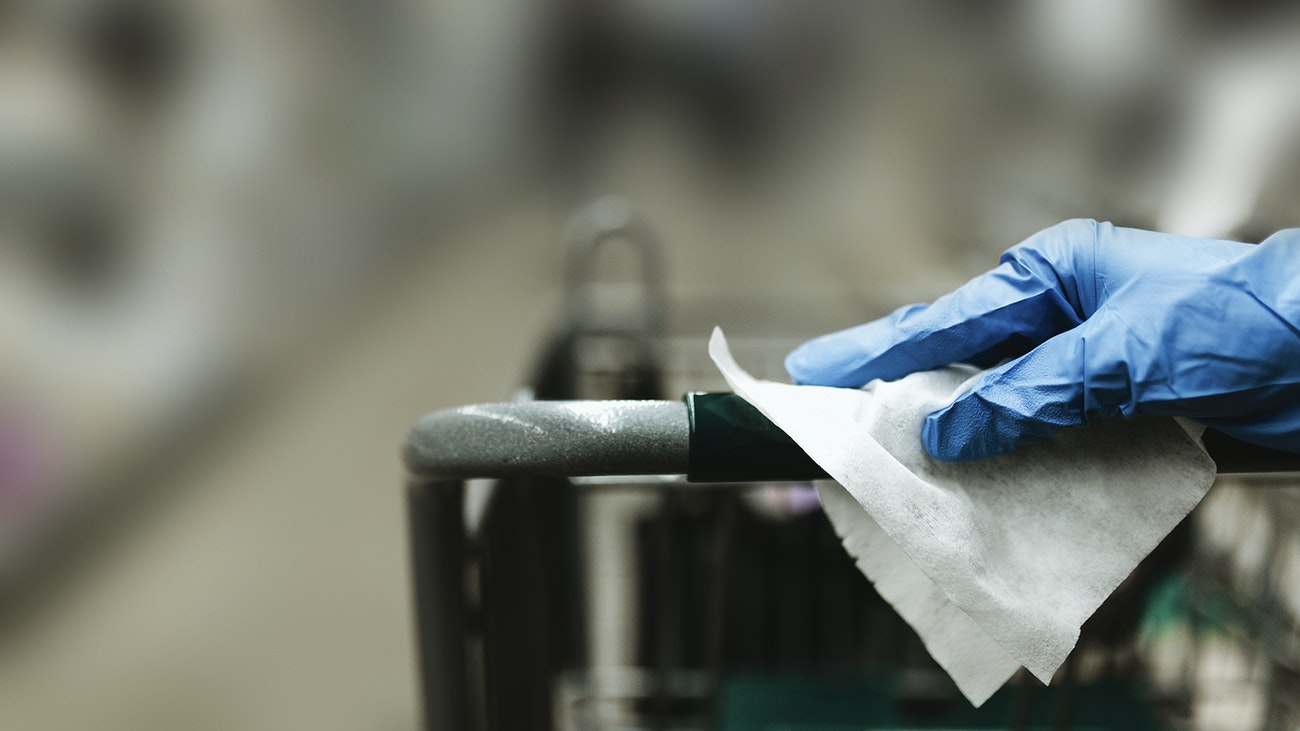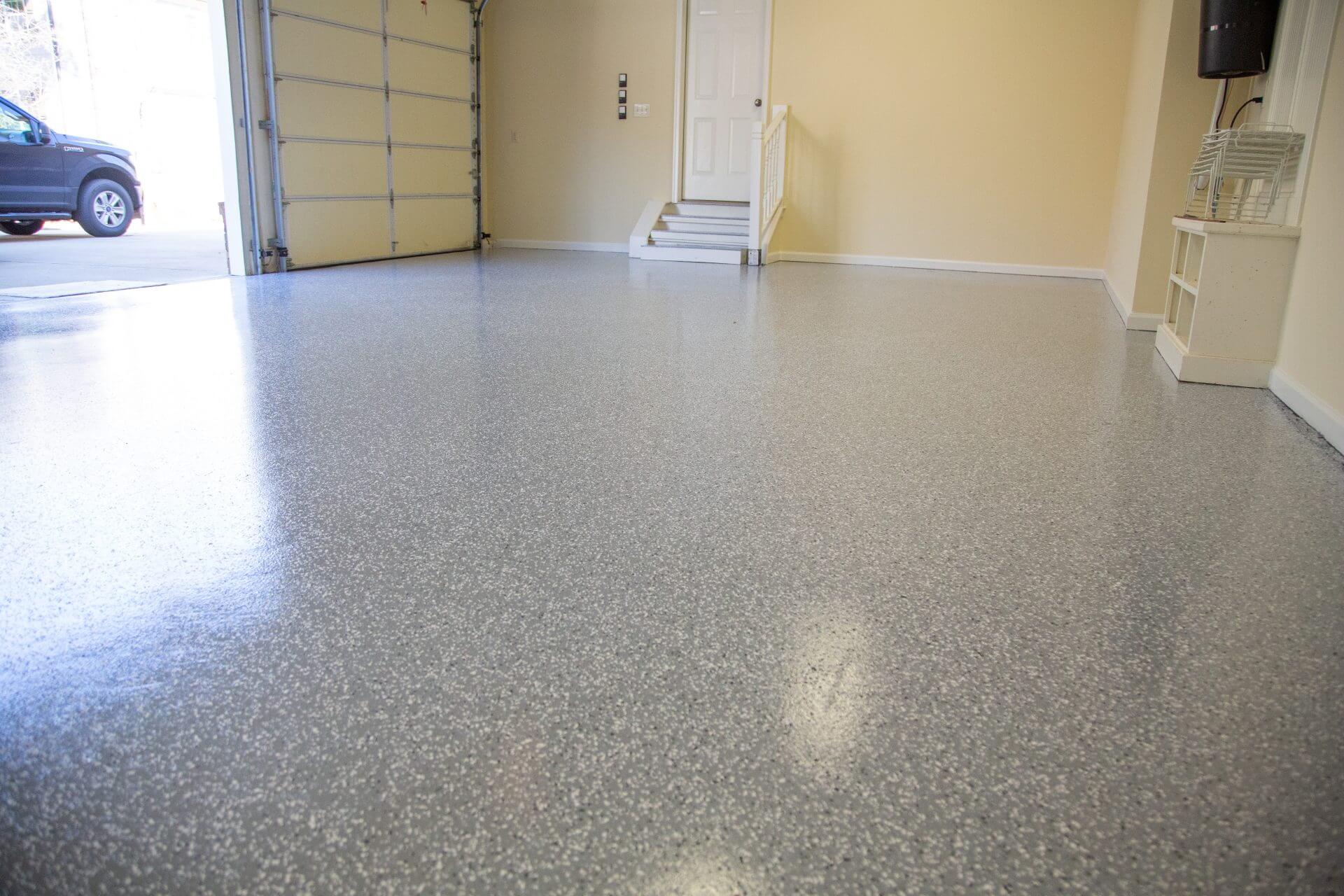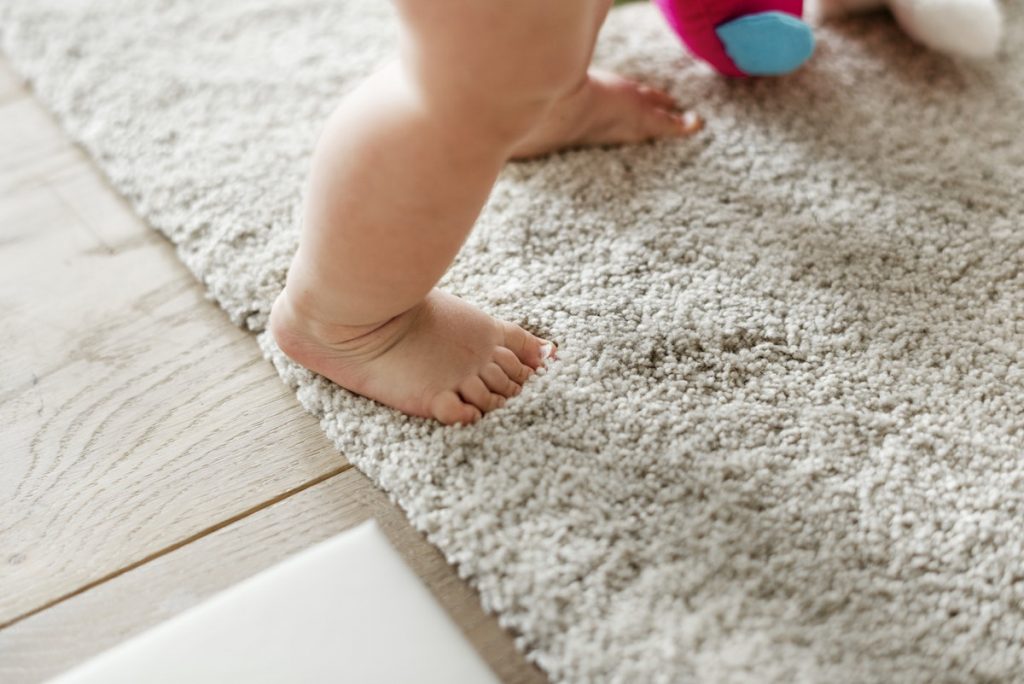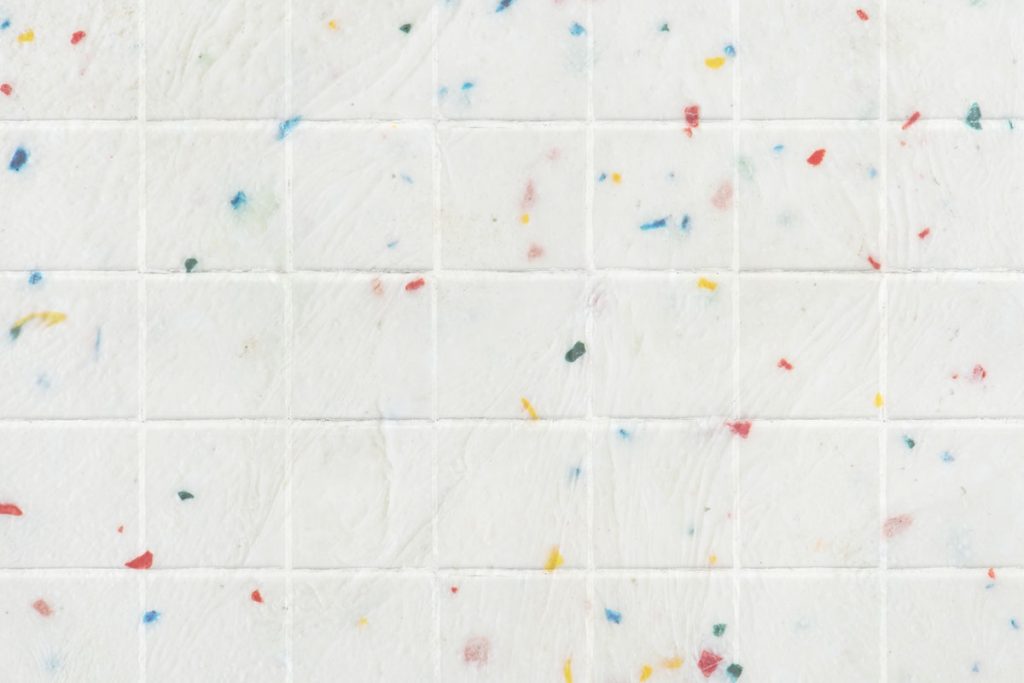
This time of year, homeowners have their carpets professionally cleaned to prepare for holiday gatherings. Having your carpets cleaned now can make you feel better about spending the next few months indoors. Cleaning your carpet will remove the dirt, bacteria, and pet dander built up during the summer months. Yes, it’s time to get steam carpet cleaning by a professional.
The next decision is what kind of carpet cleaning is best for your home. Should you choose steam cleaning or dry carpet cleaning? Read on to see the differences between the two.
Steam Cleaning
During steam cleaning, a quality cleaning solution is applied to carpets to loosen dirt. Pressurized hot water (over 200 degrees) is applied to your carpet and sucked back out along with any accumulated dirt. This high-temperature cleaning system allows the removal of embedded bacteria and other toxins present in the carpet fibers. It will also kill mold or mildew and can remove any dust mite infestations that might be present. Steam cleaning can penetrate deep into the pile of your carpet and remove up to 97% of bacteria and dirt embedded there. This also helps remove stubborn stains that have made their way down deep into the fibers.
RELATED ARTICLE: Five Myths about Steam Cleaning Carpets Debunked
Drying time after steam cleaning will depend on the airflow to the room and its humidity and temperature. This can result in dry times from as little as eight hours to around 24 hours. Using fans to circulate the air can help improve dry time.
Dry Carpet Cleaning
Dry carpet cleaning professionals use chemical compounds or solvents to break down the soil and grime in your carpet. The application solutions they use contain a small amount of moisture, so it is not technically a completely dry process. As they use significantly less water than steam cleaning, the drying time is minimal. You can usually walk on carpeted areas immediately after cleaning.
RELATED ARTICLE: FAQs about Antimicrobial Floor Coating
Dry cleaning chemicals cannot penetrate deep into the pile and may not be able to remove deeply embedded dirt or stains. The cleaning process may also leave some chemical residue on your carpet. These harsh chemicals can sometimes cause strong odors, and some people may be sensitive to the chemicals. It is important to ask your technician about the specific products they use.
Which Method Is Best?
The decision on which method to use will depend on the needs of your family. Although dry cleaning can provide a faster dry time, steam cleaning provides a more thorough deep cleaning with less chemical exposure.
RELATED ARTICLE: Don’t Think Deep Cleaning Carpet Is Necessary? Read This.
Are you ready to get your carpets deep cleaned?
The environmentally friendly products used by our professional steam cleaning technicians will leave your carpets deep clean and smelling fresh.
Contact us today to set up an appointment to have your carpets professionally steam cleaned.





 Across the country, social distancing guidelines and stay-at-home orders have forced many businesses to close up, at least temporarily, until the dangers of the coronavirus have passed. Even some medical offices and clinics are shut down or only allowing for emergency visits. Most elective or non-emergency visits and procedures have been postponed or cancelled for now.
Across the country, social distancing guidelines and stay-at-home orders have forced many businesses to close up, at least temporarily, until the dangers of the coronavirus have passed. Even some medical offices and clinics are shut down or only allowing for emergency visits. Most elective or non-emergency visits and procedures have been postponed or cancelled for now.

 Many people believe that vacuuming a carpet is enough to keep it clean, but this is far from true. In reality, your carpets absorb many more particles, bacteria, allergens, and other substances that vacuuming simply cannot clean completely. The reality is that regular deep cleaning is a necessity for your carpets, and you should plan to arrange deep cleaning at least once each year.
Many people believe that vacuuming a carpet is enough to keep it clean, but this is far from true. In reality, your carpets absorb many more particles, bacteria, allergens, and other substances that vacuuming simply cannot clean completely. The reality is that regular deep cleaning is a necessity for your carpets, and you should plan to arrange deep cleaning at least once each year. Tile is an excellent choice for many home and business owners due to its beauty, resiliency, and relatively low-maintenance characteristics. While individual scrubbing and mopping does the job on an everyday basis, hiring a tile and grout cleaning company can help you provide routine maintenance to newer floors or even restore old, dull, and dirty floors to their original glory. However, it is important to ensure you’re hiring a trustworthy
Tile is an excellent choice for many home and business owners due to its beauty, resiliency, and relatively low-maintenance characteristics. While individual scrubbing and mopping does the job on an everyday basis, hiring a tile and grout cleaning company can help you provide routine maintenance to newer floors or even restore old, dull, and dirty floors to their original glory. However, it is important to ensure you’re hiring a trustworthy 